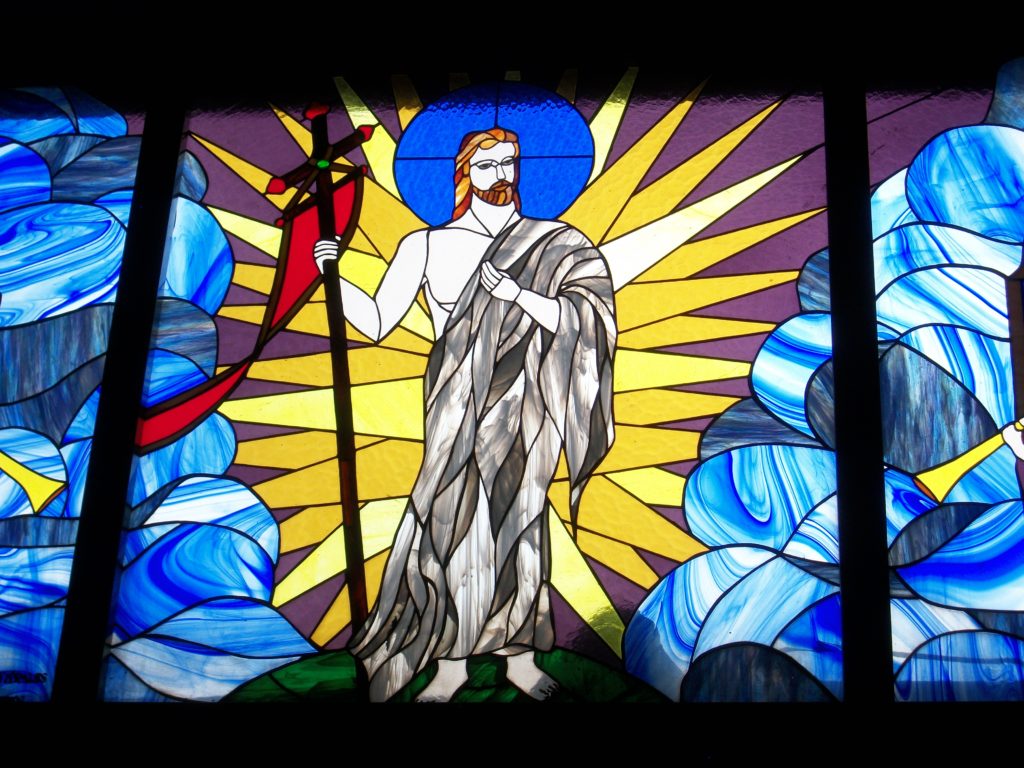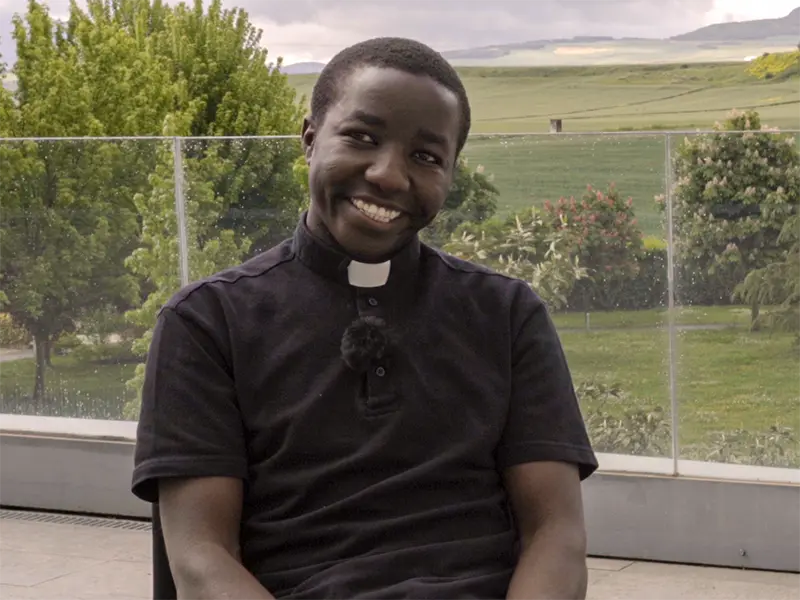Abortion can never be a fundamental right
The Commission of the Episcopal Conferences of the European Union (COMECE) publishes a note before the vote on April 11, in Brussels, on the inclusion of the right to abortion in the Charter of Fundamental Rights of the European Union (EU)

The day after the publication of Dignitas infinita, the document of the Dicastery for the Doctrine of the Faith that lists abortion among violations of human dignity as a “serious and deplorable” practice, bishops from all over Europe reiterate their “no” to the interruption of pregnancy that “can never be a fundamental right” and that goes “in the opposite direction to the real promotion of women and their rights.” This can be read in a statement by COMECE, the body that brings together the Episcopal Conferences of the European Union, entitled “Yes to the promotion of women and the right to life, no to abortion and ideological imposition” published the day before of the vote in plenary session, scheduled in Brussels on April 11, on the inclusion of the right to abortion in the Charter of Fundamental Rights of the European Union (EU).
Resolution presented in July 2022
Following the inclusion of the right to abortion in the French Constitution, the debate on the introduction of the interruption of pregnancy among the fundamental rights of the EU has, in fact, reopened at the European level. The resolution had already been presented on July 7, 2022 and had raised opposition from some Member States, now the MEPs have decided to relaunch the proposal, so it will be voted on again the day after tomorrow.
A society in which being a mother is not a limitation
On the eve of the vote, those responsible for Comece address the members of the European Parliament and European citizens to reiterate, first of all, that “the promotion of women and their rights is not linked to the promotion of abortion.” “Let us work for a Europe in which women can live their motherhood freely and as a gift for themselves and for society, and in which being a mother is in no way a limitation for personal, social and professional life,” they say the prelates.
Right to life
“Abortion – they continue – can never be a fundamental right. The right to life is the fundamental pillar of all other human rights, in particular the right to life of the most vulnerable, fragile and defenseless people, such as the child not born in the womb, the emigrant, the elderly, the disabled and the sick”. He then they cite the thought of the Church, which has always thought “coherently” that the “defense of unborn life is closely linked to the defense of any other human right. It presupposes the conviction that the human being is always sacred and inviolable in any situation and at any stage of its development”.
No to ideological impositions on the human person
The document concludes by quoting the same Dignitas Infinita statement on human dignity: “The human being is an end in itself and never a means to solve other problems. If this conviction is lost, the solid and lasting basis for the defense of human rights, which would always be subject to the passing whims of the powerful”. For this reason, the Episcopal Conferences of the EU ask the European Union to “respect the different cultures and traditions of the Member States and their national competences”, and not to “impose on others”, inside and outside its borders, “ideological positions on the human person, sexuality and gender, marriage and family, etc.”
Respect for the diversity of cultures and traditions
“The Charter of Fundamental Rights of the EU,” the text reads, “cannot include rights that are not recognized by all and that cause divisions.” There is no recognized right to abortion in European or international law, and the way in which this issue is addressed in the Constitutions and laws of the Member States varies widely. Indeed, it is the Charter itself, in its preamble, that calls for respect for “the diversity of the cultures and traditions of the peoples of Europe”, as well as “the constitutional traditions and international obligations common to the Member States”.
The note was signed by the Comece Permanent Committee: President Mariano Crociata, Bishop of Latina (Italy); First Vice President Antoine Hérouard, Archbishop of Dijon (France); and the Vice Presidents Nuno Brás da Silva Martins, Bishop of Funchal (Portugal), Czeslaw Kozon, Bishop of Copenhagen (Scandinavia), Rimantas Norvila, Bishop of Vilkaviškis (Lithuania).
Related

Reflection by Bishop Enrique Díaz: Alleluia, alleluia
Enrique Díaz
20 April, 2025
5 min

Christ is Risen! Alleluia! Commentary by Fr. Jorge Miró
Jorge Miró
20 April, 2025
3 min

Easter: Mystery of Freedom
Carlos J. Gallardo
20 April, 2025
5 min

“Being Catholic in Tanzania is a source of pride”
Fundación CARF
16 April, 2025
6 min
 (EN)
(EN)
 (ES)
(ES)
 (IT)
(IT)

